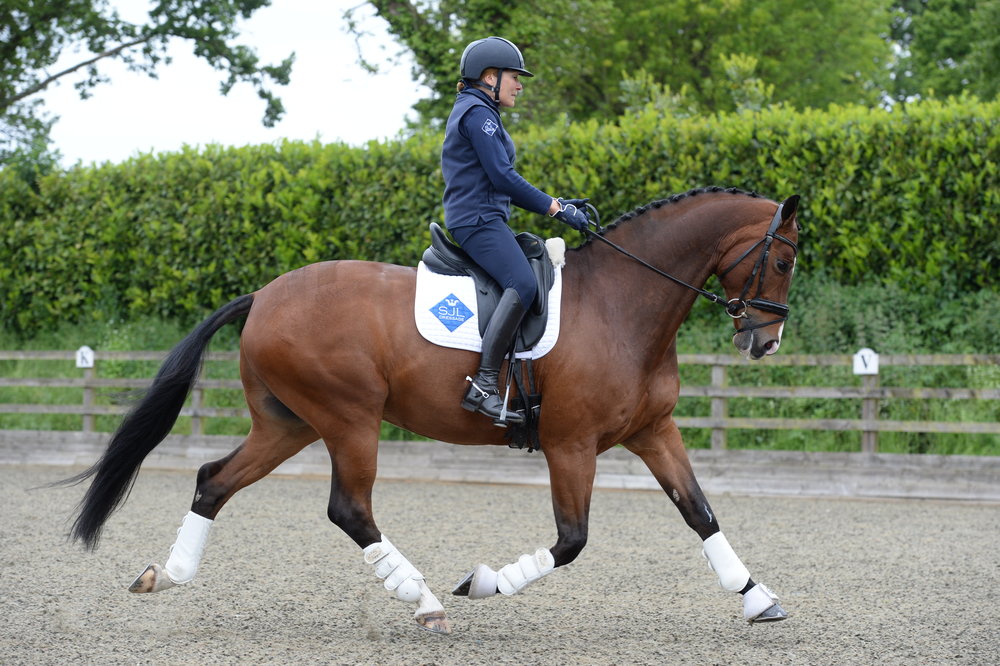When it comes to equestrian sports, understanding the key factors that affect your horse’s performance is crucial. Whether you’re competing in show jumping, dressage, or endurance riding, various elements can influence how well your horse performs. In this article, we’ll dive into the essential factors that can impact your horse’s performance, helping you optimize their training and care for better results.
The Role of Nutrition
Understanding Equine Nutrition
One of the most significant factors affecting your horse’s performance is nutrition. Just like us, horses need a balanced diet to function at their best. Proper nutrition supports energy levels, muscle development, and overall health.
Key Nutritional Components
- Forage: The cornerstone of any horse’s diet, forage should be high in fiber and should comprise the majority of their intake.
- Concentrates: These provide additional energy and should be chosen based on your horse’s activity level.
- Vitamins and Minerals: Essential for various bodily functions, including bone health and immune support.
Health and Veterinary Care
Regular Veterinary Check-ups
Routine veterinary care is essential to maintaining your horse’s health. Regular check-ups can help catch issues early, ensuring your horse remains fit for competition.

Vaccinations and Deworming
Staying on top of vaccinations and deworming schedules is crucial. Illnesses or parasites can severely affect performance, leading to decreased energy and stamina.
Training Regimen
Consistent Training
A well-structured training program is vital for building strength and endurance. Regular workouts prepare your horse both physically and mentally for the challenges of competition.
Variety in Training
Incorporating different training exercises can keep your horse engaged. For instance, mixing flatwork with jumping or trail rides helps build different muscle groups and prevents burnout.
Mental State and Well-being
Stress and Anxiety Management
Just like humans, horses can experience stress and anxiety, which can negatively affect their performance. Identifying stressors and addressing them can improve your horse’s mental state.
Building a Positive Relationship
Creating a strong bond between you and your horse can enhance performance. Trust and understanding lead to better communication, making training and competition smoother.

Physical Condition
Assessing Fitness Levels
Your horse’s fitness level plays a significant role in their performance. A horse that is not conditioned for the type of work required may struggle during competitions.
Weight Management
Maintaining an ideal weight is crucial. Being underweight or overweight can hinder your horse’s agility, stamina, and overall health.
Equipment and Gear
Choosing the Right Tack
The right tack is essential for comfort and performance. Ill-fitting saddles or bridles can cause discomfort, distracting your horse and affecting their focus.
Specialized Gear
Depending on the discipline, using specialized gear can enhance performance. For example, using protective boots during jumping can prevent injuries and boost confidence.
Environmental Factors
Weather Conditions
Weather can significantly impact performance. Hot and humid conditions can lead to fatigue, while cold weather might affect flexibility.
Arena Conditions
The type of surface your horse trains and competes on can influence their performance. A well-maintained arena can enhance grip and reduce the risk of injury.

Competition Preparation
Pre-Competition Routine
Establishing a consistent pre-competition routine can help your horse feel more secure and ready. This can include warm-up exercises and familiarizing them with the competition environment.
Mental Readiness
Preparing your horse mentally for competition is just as important as physical readiness. Groundwork and desensitization can help ease nerves.
Conclusion
Understanding the key factors affecting your horse’s performance is essential for anyone involved in equestrian sports. By focusing on nutrition, health care, training, mental well-being, physical condition, equipment, environmental factors, and preparation, you can optimize your horse’s performance and achieve your competitive goals. Remember, a happy and healthy horse is more likely to perform at its best!
FAQs
1. How can I improve my horse’s nutrition?
Ensure your horse receives a balanced diet rich in forage, concentrates, and essential vitamins and minerals tailored to their activity level.
2. What should I do if my horse shows signs of stress?
Identify stressors and work to address them. Consider calming techniques such as groundwork, massage, or consulting a trainer for advice.
3. How often should I schedule veterinary check-ups?
Regular check-ups are typically recommended every six months, but consult your veterinarian for a schedule tailored to your horse’s needs.
4. What training exercises can help improve my horse’s fitness?
Incorporate a mix of flatwork, jumping, and trail riding to build strength and endurance while keeping your horse engaged.
5. How can I ensure my tack fits properly?
Consult a professional saddle fitter to assess and adjust your tack, ensuring it fits comfortably and correctly.
6. What environmental factors should I consider when training?
Monitor weather conditions, arena surfaces, and any potential distractions that could impact your horse’s focus and performance.
7. How can I prepare my horse for a competition?
Establish a consistent pre-competition routine that includes warm-up exercises and familiarization with the competition environment to help your horse feel secure and ready.

